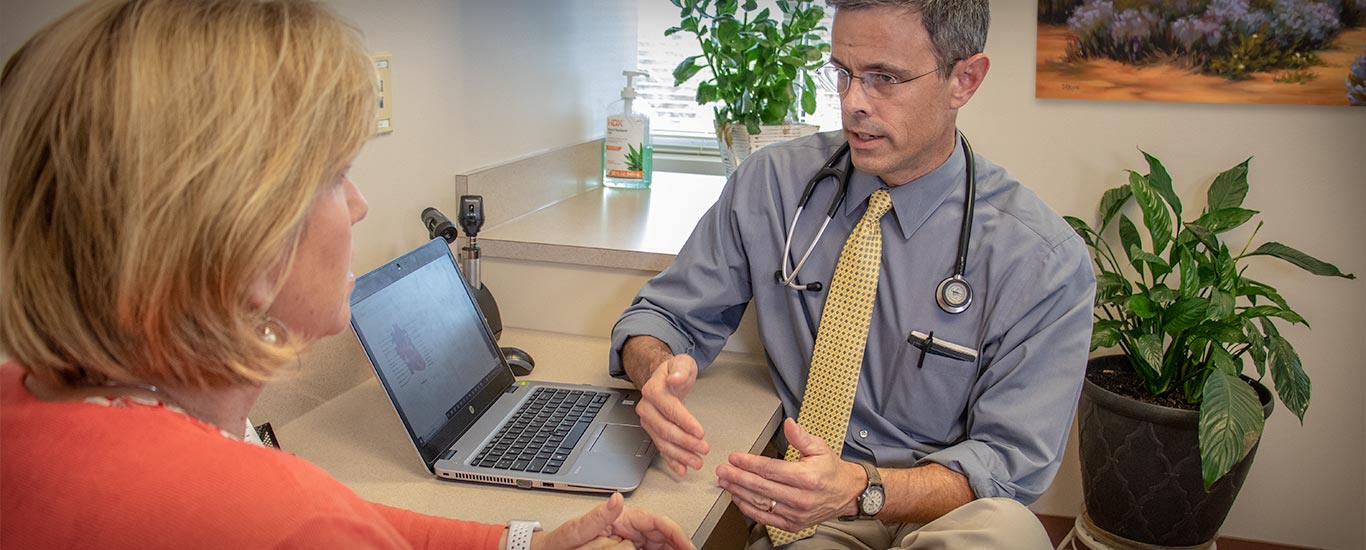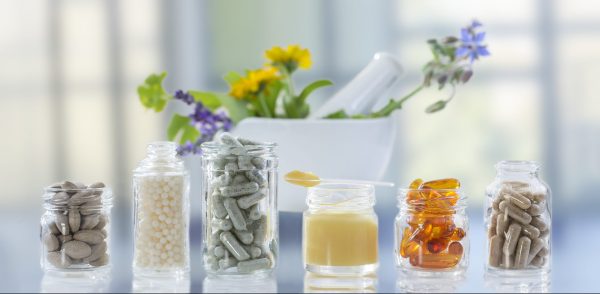Complementary and Alternative Medicine (CAM)
What medicines and treatments are included in the field of Complementary and Alternative Medicine, aka CAM?
- Massage and all the forms of hands-on bodywork, from deep tissue to relaxation to neuromuscular therapy to Rolfing, Feldenkrais, and the Alexander technique.
- Chiropractic treatment.
- Acupuncture and acupressure.
- Herbal medicines.
- Supplements, including vitamins, minerals, hormonal precursors, protein powders.
- CBD products.
- Ways of eating, including intermittent fasting and various excluded foods.
It includes Yoga, sound therapy, light therapy, meditation practices, isolation tanks…
Not All CAM Treatments are Created Equal – Professional Concerns about CAM
Complementary and alternative medicine (CAM) treatments vary also in their value; some may be helpful, some are benign, and some can be actively dangerous.
1. Helpful Alternative Medicines and Treatments
Some complementary and alternative treatments can be considered helpful by the medical establishment. Vitamin D may be an example; doctors prescribe it to help counter depression and decreased energy that a lack of light may contribute to. More often, alternatives that are considered helpful are evaluated by those who use them, not demonstrated through rigorous and scientific studies.
2. Benign Alternative Medicines and Treatments
From a medical perspective, what patients may consider helpful, could simply be considered benign. We don’t know if they are scientifically proven to be helpful, but it’s your choice, and there is no likely harmful outcome. If you wish to purchase a course of massage treatments, and you believe it benefits you, then that’s good.
When you pursue CAM to feel better, treat a nagging lower backache that we have discussed and evaluated, or reduce stress, I don’t have many concerns.
When patients tell me that a treatment is safer because it is natural, I must reframe the conversation: “Natural does not mean safer: cyanide and snake venom are natural, too.”
3. Dangerous Treatments – Or, It’s Complicated
The St. John’s Wort Example
Many say that St. John’s Wort works for depression, and it is natural, so they consider it helpful, or at least benign.
But, doctors have done the research to know that St. John’s Wort also interferes with about half of the medicines people take for chronic conditions. It affects the CYP3A4 enzyme in the liver, (as does grapefruit juice), and either increases or decreases the amount of other drugs in the liver. It also makes people photosensitive, increasing their chances of a nasty sunburn, which increases your risk of skin cancer.
Additionally, St. John’s Wort is known to contribute to erectile dysfunction, similar to SSRIs (a category of prescribed antidepressants).
So, natural doesn’t always mean safe for every individual in all circumstances.
Consider Sentinel for Your Primary Care
When you have questions about your health, alternative ways to relieve discomfort, or ways you can improve your self-care, these are topics that I discuss with my patients. As a member, you can schedule a telehealth appointment for no extra charge. If you’re new to our practice, contact us to schedule an introductory 15 minute telehealth call.
Find out more about Sentinel Primary Care. I look forward to talking with you.
Dr. O’Connell
Related Posts
Did you catch our Complementary and Alternative Medicine post? If you’re using or thinking about using alternative medicine, please let me know next time when we talk.



